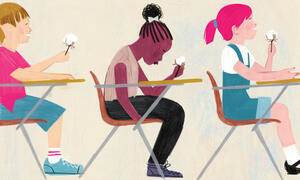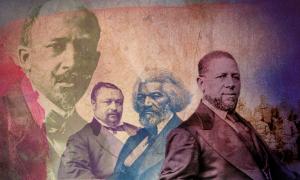Advocate for BIPOC Mental Health This Year
It’s essential that educators, students and the entire school community work to reduce stigma associated with mental health issues, especially during Black, Indigenous and People of Color (BIPOC) Mental Health Month. Help interrupt school practices that disregard mental health—particularly for Black youth, who are less likely to receive adequate mental health care. Use these webinars to understand and practice self-care and address challenges students face.
- Black Minds Matter
- Student Mental Health Matters
- The Value of Educator Self-Care

